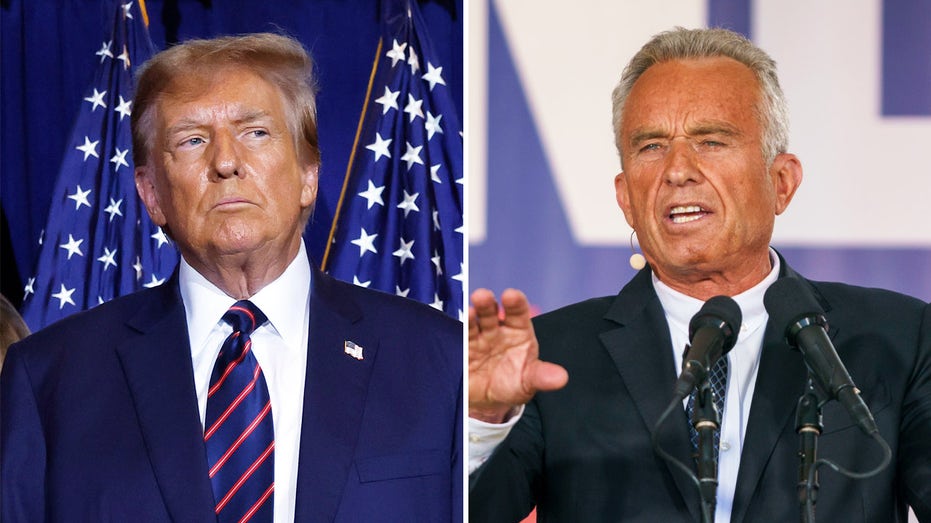Another day, another traffic jam. A father, François (Romain Duris), chides his son Émile (Paul Kircher) for feeding the family dog potato chips. He tells his son to stay away from them as well since they’re probably not very good for him, and Émile rolls his eyes as any 16-years-old would. They argue. Émile gets out of their car in defiance since the traffic is at a standstill. Suddenly, an ambulance stuck in the opposite lane of traffic starts to wobble and out bursts a bird-like man. He escapes, and the son and the father run back to their car in shock. “Strange days!” a neighboring driver responds. It is an understatement.
In Thomas Cailley’s striking sci-fi fantasy “The Animal Kingdom,” the birdman is a sign of things to come. In this present-day world, some humans have started to genetically mutate into other species, morphing into winged, reptilian, beastly hybrids that the larger non-mutated society have decided to ostracize, keeping them in hospitals or zoo-like centers away from the rest of the population, even their loved ones, for the potential risk that they can hurt someone with their outsized claws, fangs, and wings.
This was the case for Émile’s mother, Lana, who is shown only briefly at first in the hospital with fur growing around her eyes. Soon, there are other creature sightings in the background and in the forest. This is their new normal. Running parallel to these fantastic beasts are problems of everyday life – of a son challenging his father’s authority, François starting a new job, and Émile struggling to fit into his new school. Then, Émile starts to have problems riding his bike, his mannerisms are changing beyond his control, his back feels different, and soon, fur and claws appear. He is also mutating.
“The Animal Kingdom” moves swiftly between its characters’ everyday problems and the story’s fantastical elements in a magical realist way that quickly captivates its viewer. Cailley, who co-wrote the film with Pauline Munier, uses the creatures as a metaphor for how the world responds to health crises. Because they are not understood and feared, they are locked away from the rest of this society, which recalls how some countries isolated the first wave of HIV/AIDS patients in the late ‘80s and early ‘90s. In the movie, characters spoke of other countries adapting to live side-by-side with the humanoid creatures and showed how politicized the issue became among Émile’s classmates and François’ boss, which mirrored the discussion around how other countries handled the recent COVID-19 epidemic and how politicized the discourse around public health and safety became around the issue. That life still continued during these “strange days” of masking, testing, periods of isolation, and family tragedy for some only makes “The Animal Kingdom” all the more relevant.
There’s so much to cope with that Émile nursing a crush on a fellow classmate and sparks forming between François and a disaffected cop named Julia (Adèle Exarchopoulos) only occasionally registers next to the mortification of mutating (another metaphor for coming-of-age) and grieving. It’s difficult to move on from something when you’re still going through it, even if it is in a setting as idyllic as the way Cailley’s brother and cinematographer David Cailley captures the sun-soaked French countryside and untamed forests. As a tired dad just trying to do the best for his son, Duris does an impeccable job carrying his character’s weariness of these events opposite Kircher, who meticulously embodies his character’s adolescent anxiety and animal impulses.
“The Animal Kingdom” is indeed a strange beast. Like “X-Men” minus the superpowers, it’s an analogy about the way people are ostracized for differences beyond their control. It’s a premise that could have suffered with bad CGI effects, but we see just enough of chimeras that blend feathers, scales, and fur onto human skin to understand what’s happening, to empathize with both the person mutating and the fear of the people around them trying desperately to return to normalcy. There is no going back, these “strange days” are the new normal. Dad still argues with his son for feeding chips to their Australian Shepherd while he lights up another cigarette, on and on it goes. The movie is effective in its ability to make us emphasize for the hunted “others” as well as observe how humanity becomes the very thing it fears: monstrous in its attempt to restore law and order. Life is complicated like that, and yet it continues to find a way forward.





